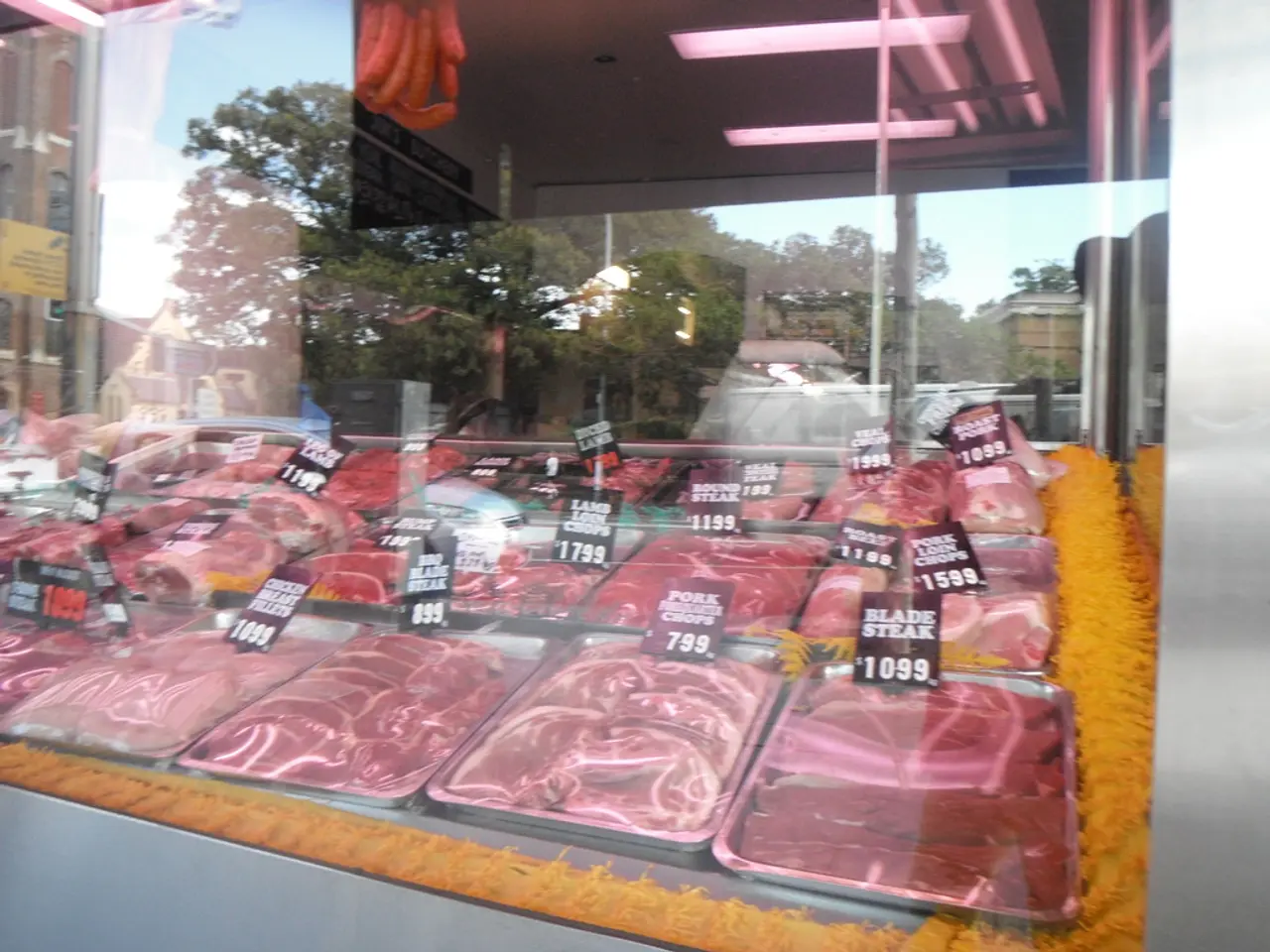EU Parliament to Vote on Plant-Based Food Labelling Restrictions
The European Parliament is set to vote on Wednesday on a contentious amendment that could restrict plant-based foods from using meat-related terms like 'Schnitzel' or 'Burger'. Germany's leading vegan food company, Rügenwalder Mühle, has expressed concerns about the potential impact of this regulation.
Rügenwalder Mühle, which has a 70 percent vegan portfolio in Germany, the largest market for vegan food in Europe, fears that the ban could lead to a significant drop in new customers. The company estimates that up to 20 percent of new customers could be lost, resulting in double-digit million losses per year.
The company argues that using established meat terms helps consumers understand and identify plant-based alternatives. It cites the example of the celery 'schnitzel', suggesting that fantasy names could cause more confusion. Rügenwalder Mühle, which is the market leader in vegan and vegetarian substitute products in Germany, estimates short-term conversion costs to be in the low millions for complying with the new regulation.
The proposed EU regulations have sparked sharp criticism from meat industry associations and some traditional meat producers. They argue that the use of meat-related terms for plant-based alternatives misleads consumers and undermines their products.
The final ban on the amendment would require a majority of EU countries to agree after the parliamentary vote. Rügenwalder Mühle's concerns highlight the potential impact of the regulation on the plant-based food industry. The company's arguments about consumer orientation and the costs of conversion have added to the ongoing debate.
Read also:
- Thieves Steal Unique Sculptures from Redwood National Park's Grove of Titans
- Stellantis Pivots US Strategy: Drops Electric Dodge Charger, Embraces V8s
- Thessaly's Climate Plan Stalls Two Years After Storm Daniel Devastation
- Strategizing the Integration of Digital Menus as a Core Element in Business Operations




